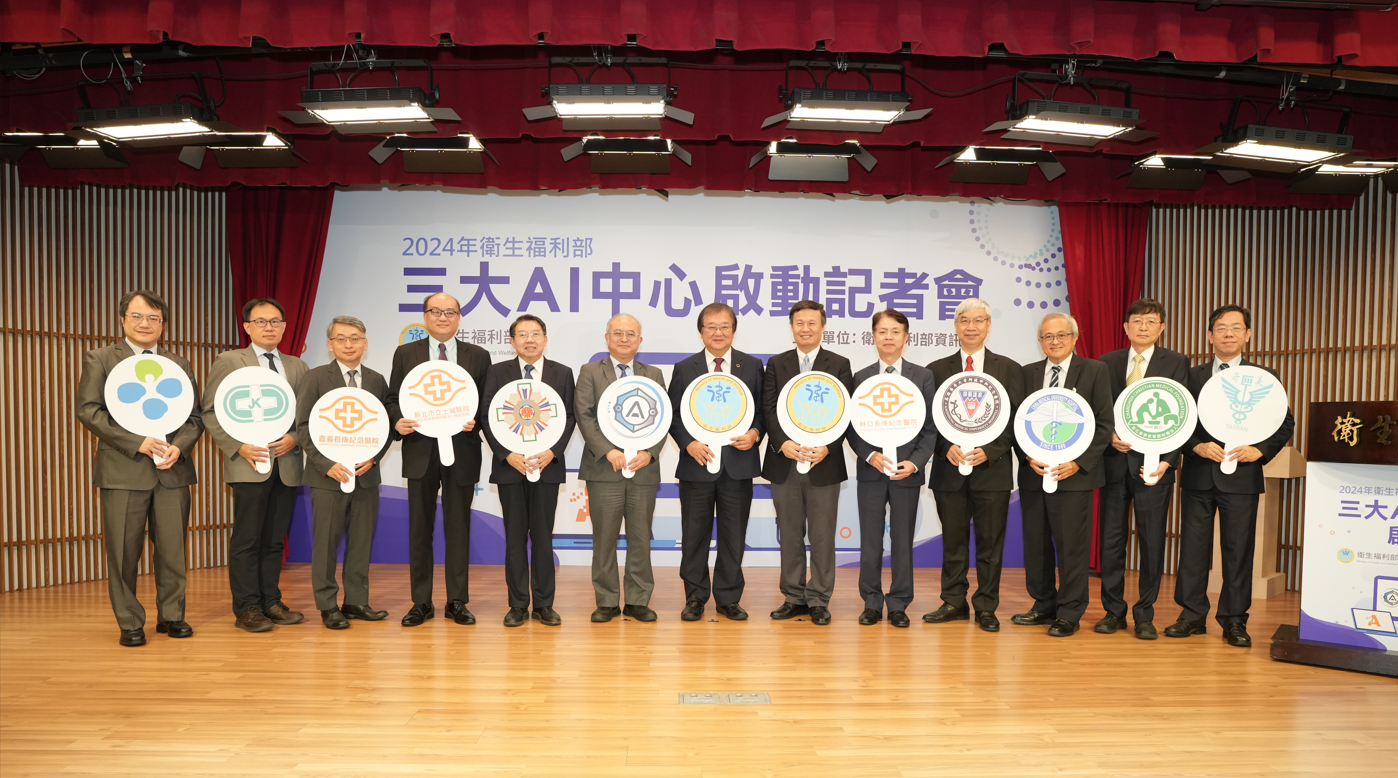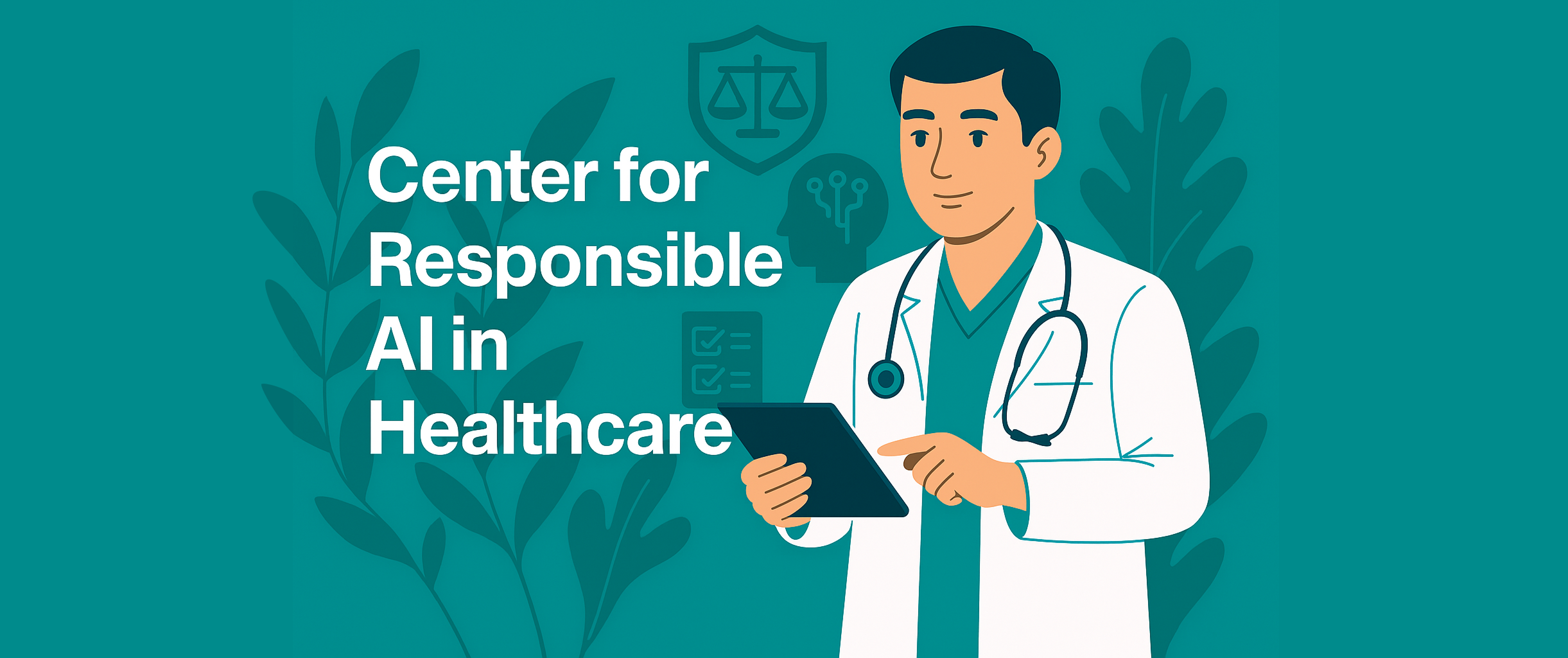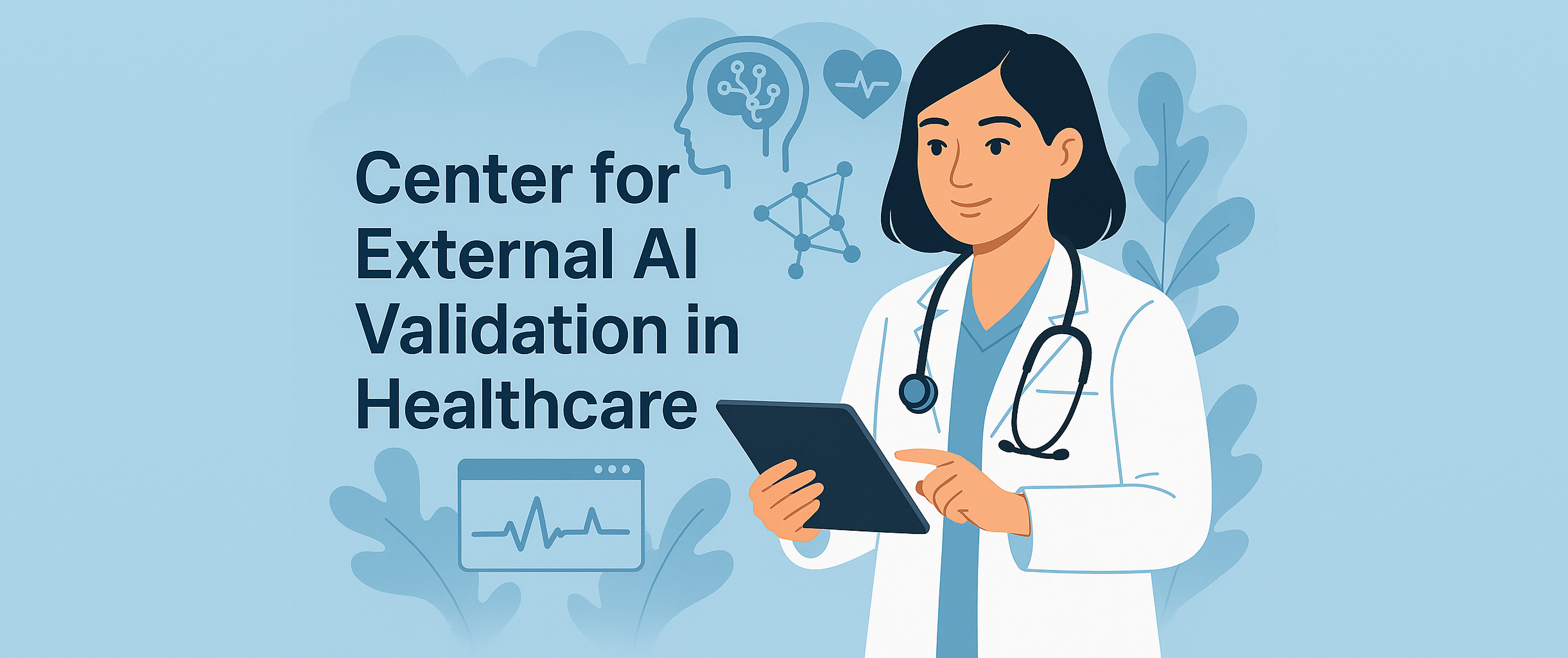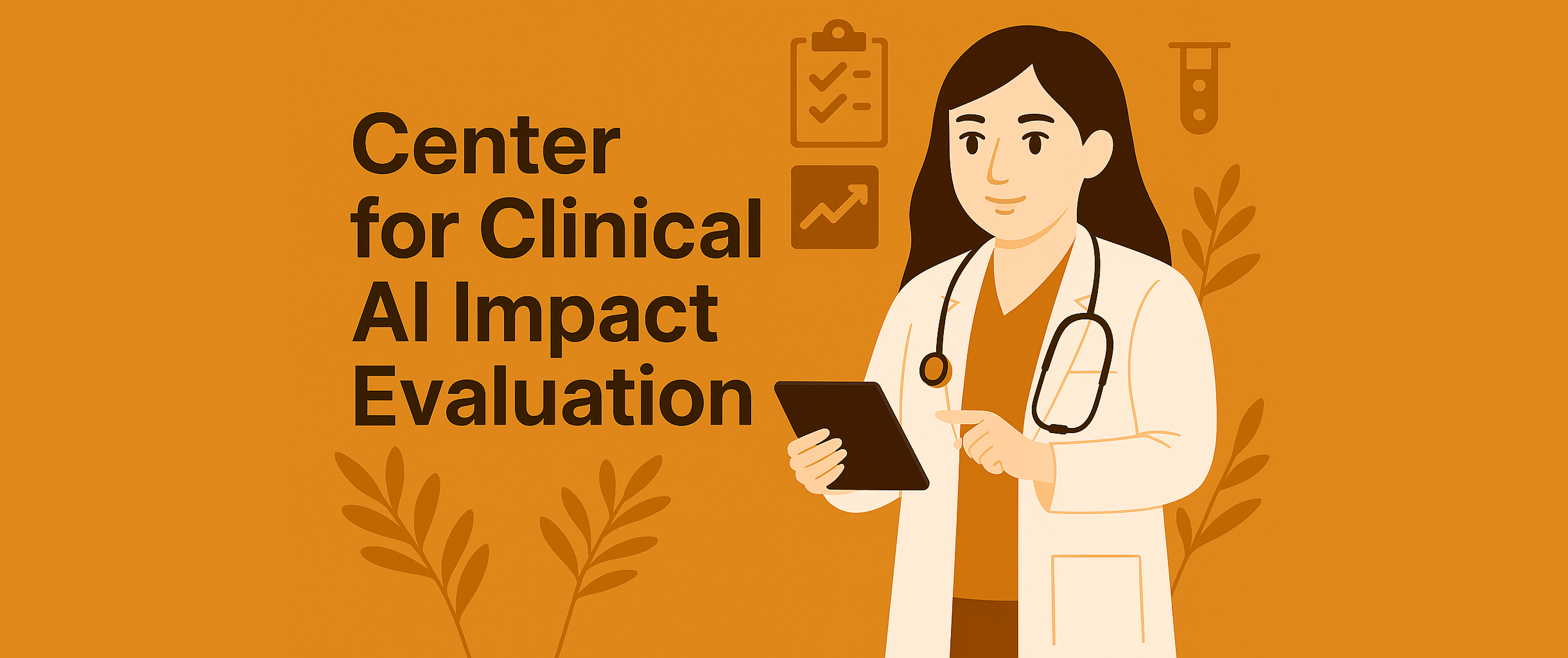
Overview
Taiwan is leading the way in smart healthcare through the Ministry of Health and Welfare’s Department of Information Management, which has established three national AI centers: the Center for Responsible AI in Healthcare, the Center for External AI Validation in Healthcare, and the Center for Clinical AI Impact Evaluation. These centers were created to address three major challenges in clinical AI: real-world implementation, regulatory approval by the TFDA, and reimbursement by the National Health Insurance.
By connecting 16 leading hospitals across various tiers and healthcare systems, this initiative has built a robust national network to support the safe, effective, and scalable integration of AI into clinical practice. While many countries are still formulating principles for responsible AI, Taiwan is putting these principles into practice—constructing a transparent, trustworthy, and patient-centered ecosystem.
With a clear vision aligned with international standards and a strong commitment to global collaboration, Taiwan aims to become a global leader in responsible AI for healthcare. This initiative not only accelerates innovation but also lays the groundwork for a future where trustworthy AI delivers real-world impact and benefits for all.
Center for Responsible AI in Healthcare

With the rapid advancement of artificial intelligence (AI), its applications in healthcare have expanded beyond disease diagnosis, risk prediction, and medical image interpretation to include clinical documentation support—significantly reducing the time healthcare professionals spend on writing medical records.
However, the adoption of AI is not without risks. Ensuring autonomy, accountability, privacy, transparency, security, fairness, and sustainability has become a critical global concern. Both the World Health Organization (WHO) and Taiwan’s draft Fundamental Act of Artificial Intelligence emphasize that without proper governance, AI may pose serious ethical and regulatory challenges.
In response, Dr. Chien-Chang Lee, MD, ScD, Director of the Department of Information Management at the Ministry of Health and Welfare (MOHW), launched the Center for Responsible AI in Healthcare. The Center is dedicated to developing governance frameworks that reflect seven core ethical principles—ensuring that safety and ethical considerations evolve in step with innovations in smart healthcare technologies.
Center for External AI Validation in Healthcare

To accelerate the development and commercialization of smart healthcare solutions in Taiwan, the Ministry of Health and Welfare has established the Center for External AI Validation in Healthcare. Amid the global surge in smart healthcare innovation, access to robust, high-quality clinical data remains a significant challenge. Many artificial intelligence (AI) models are trained on limited datasets, often comprising only a few hundred to several thousand samples. As a result, these models often experience a notable decline in accuracy when applied in real-world clinical settings, which undermines practical utility.
To address the regulatory and certification hurdles faced by AI medical models in real-world clinical practiceapplications, the Ministry of Health and Welfare’s Department of Information Management, in collaboration with the Taiwan Food and Drug Administration (TFDA), launched Taiwan’s first-of-its-kind nationwide initiative: the Clinical AI Certification and Validation Center Program.
Under this program, five leading medical centers across the country were selected and awarded government funding to establish dedicated facilities for external validation of clinical AI models. These centers enable AI developers and academic research teams to validate their models using larger-scale datasets that better reflect the characteristics of Taiwan’s population, thereby enhancing the quality, safety, and reliability of AI applications in healthcare.
Center for Clinical AI Impact Evaluation

As digital health technologies evolve, artificial intelligence (AI) is playing an increasingly important role in clinical care. While many AI-based medical technologies have received regulatory approval, their real-world clinical effectiveness and cost-effectiveness remain insufficiently validated to support reimbursement decisions under Taiwan’s National Health Insurance (NHI) program.
To close this evidence gap, the Ministry of Health and Welfare established the Center for Clinical AI Impact Evaluation under the Department of Information Management. The Center leads multi-center randomized controlled trials (RCTs) to assess the clinical utility and health technology value of AI tools and to inform potential reimbursement strategies. It convenes experts in clinical trials, biostatistics, epidemiology, health informatics, and health economics to ensure rigorous evaluation and actionable evidence that can support health policy and implementation.
International Partner Matching Platform

We support international organizations and innovators in identifying and connecting with the most appropriate partners in Taiwan, including the officially designated Center for Responsible AI in Healthcare, Centers for External AI Validation in Healthcare, and Centers for Clinical AI Impact Evaluation.

